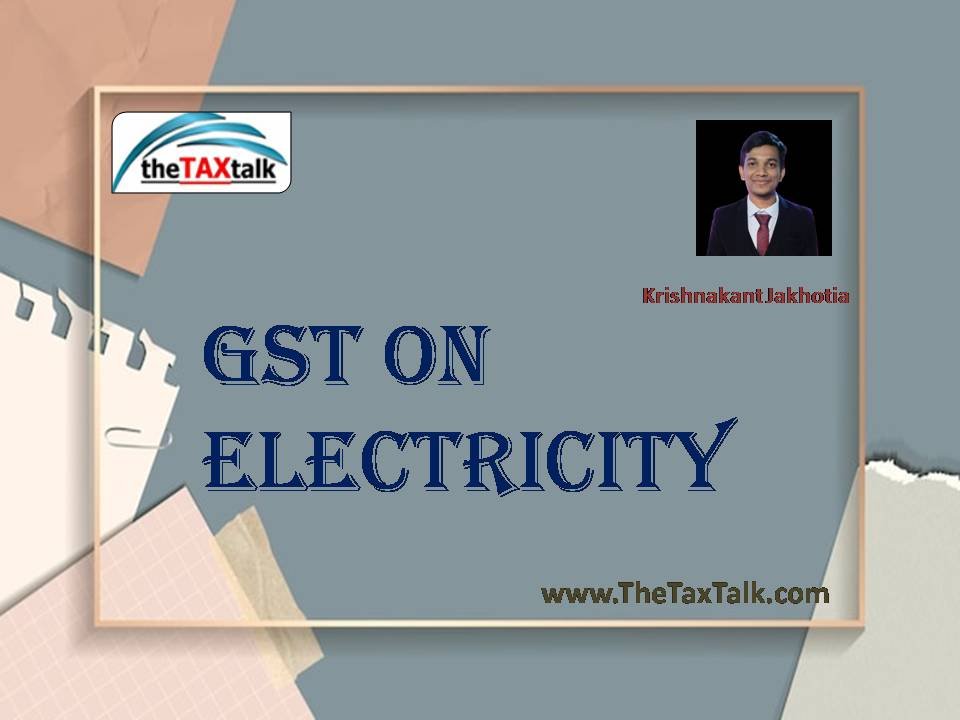![]()
Can interest on bank FDR be taxed at the time of its withdrawals?
Query 1]
I have the following two queries.
- For the Fixed Deposit in the bank which is cumulative type and the same is reinvested after maturity in auto mode, the interest earned during the year is taxable? i.e., whether it will be considered as income or otherwise? I believe that when the interest is received in cash or deposited in the savings bank account, it is taxable but in Cumulative type it is Not-taxable. Please clear my confusion and guide.
- Whether any provision /law of holding the stocks or shares in terms of years is made by the income department so after such a period if they are sold out, no tax is applicable? Please let me know the period and rate of tax applicable? As I know that after the period of 3 years from the date of purchase of the stocks, if they are sold out, no tax is required to be paid? I am not sure about this fact. Hence I request you to please inform me accordingly and guide. [Anil Pandya –anilp168@yahoo.co.in]
Opinion:
Taxation of Interest on Bank FDR – Whether on receipt basis or due basis?
- Interest on the bank deposits could be chargeable to tax either under the head “Income from Business or Profession” or “Income from Other Source”. For salaried and other taxpayers who are not in business, the interest income would obviously be taxable under the head “Income from Other Source”.
- Income Tax Act provides that any income falling for taxation under the head “Income from Business or Profession” or “Income from Other Source” shall be charged to tax in accordance with the method of accounting regularly employed by the taxpayers. As such, the taxpayers have an option to offer Interest income for taxation (a) on accrual (due) basis on year on year basis (it is known as mercantile system of accounting) or (b) at the time of maturity of the FDR only (it is known as cash system of accounting).
- The option of choosing the method of accounting/recording the transaction in the books for taxation is freely available with the taxpayers. However, once taxpayers adopt any particular method, it should be consistently & regularly employed.
- As far as renewal of bank FDR is concerned, it is normally presumed that the interest has been paid by the bank and the renewal tantamount to investment (or say reinvestment) of the interest amount back by the depositor. As such, the renewal of FDR may not result in the deferment of the taxation of interest income and the amount of interest will be taxable even if the taxpayer is opting for the cash system of accounting.
- In my personal opinion, following mercantile system of accounting would be easier & better as it will avoid the complications of reconciliation, TDS credit and would result in even distribution of income over different years. It may also result in avoidance of unwanted notices from the income tax department as TDS entries would b e reflected in AIS/26AS on accrual basis.
Taxation of Interest on Bank FDR – Whether on receipt basis or due basis?
- Any income arising from sale of shares held for a period of more than one year is no more tax free. Now, every income arising from transfer of the shares attracts income tax.
- In case of shares bought and sold through stock exchange and is subject to Securities Transaction Tax (STT), the tax rate are as under:
a) For Long Term Capital Gain on Shares:
If shares are sold after a holding period of more than 12 months, the tax rate will be 10% on income above Rs. 1 Lakh. Income up to Rs. 1 Lakh will continue to remain tax exempt.
b) For Short Term Capital Gain on Shares:
If shares are sold within 12 months from the date of its purchase then the tax rate will be 15%.
Query 2]
I sold a house property in Dec-2022 at Visakhapatnam for Rs 45 Lakh. The proceeds from the sale of the house is shared by me amongst my three children, all of them are students. Now, while filling IT returns my lawyer says it will attract capital gain tax. Is this correct? We purchased the house in 2006 & at that time, the valuation was Rs.10,00,000/-. I request to guide & suggest measures for minimizing the capital gain tax liability. [S.M. Rao – smrao9877@gmail.com
Opinion:
- The income on sale of the house property will attract capital gain tax. The amount would be taxable despite the fact that you have shared the sale proceeds amongst your children.
- You have purchased the house property in 2006 for Rs. 10 Lakh. You will be eligible for indexation benefit and even the stamp duty, registration charges etc paid at the time of purchasing the property can be added to Rs. 10 Lakh for arriving at the cost of acquisition. As a result of the indexation benefit in the present case, your indexed cost could be around three times of your actual cost of acquisition. Any expenditure of capital nature incurred after your purchase in 2006 like expenses towards renovation, structural changes, etc would also be eligible for deduction (subject to availability of documentary evidence) while computing the taxable capital gain in your hand.
- Tax Saving Option:
a) One of the tax saving options in your hands was section 54EC by investing the amount of LTCG in specified bonds issued by REC, PFC or IRFC. However, the investment was required to be done within a period of 6 months from the date of transfer, which is already over and so the option of exemption U/s 54EC is no longer there with you.
b) The only option with you to save tax is by claiming an exemption u/s 54 by investing the amount of LTCG for purchase or construction of the house property within a period of 2 years or 3 years respectively. If you intend to claim an exemption U/s 54, ensure to deposit the amount of LTCG in the Capital Gain Account Scheme (CGAS) with any scheduled bank on or before 31stJuly 2023 which is just a few days away.
[Readers may forward their feedback & queries at taxtalknew@gmail.com. Other articles & response to queries are available at www.theTAXtalk.com]




